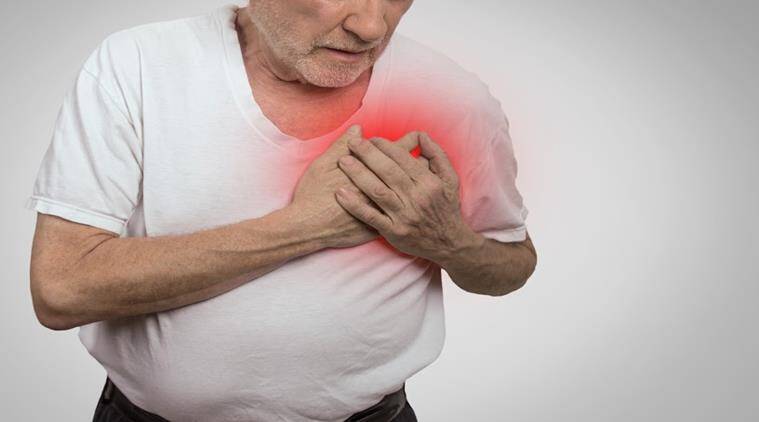Heart failure is a series of symptoms and physical signs that occur when the heart cannot pump enough blood to meet the body’s needs, and fluid accumulates in tissues such as the lower extremities and lungs.
Heart failure can occur at any age and can have a variety of causes. In most cases, it happens after damage to the heart muscle, such as myocardial infarction or overloading of the heart.
When the heart is irreversibly damaged, the heart and the entire circulatory system adapt by activating compensatory mechanisms, but when these attempts of the organism also fail, chronic heart failure occurs.
Symptoms of Heart Failure
The typical symptom of heart failure is dyspnea, or shortness of breath, which usually occurs under stress, but as the disease progresses, it also occurs at rest. This progresses due to the inability of the ventricles to empty effectively during contraction and the accumulation of fluid in the pulmonary circulation.
Another typical symptom of heart failure is lethargy, or fatigue, which is also related to the impaired function of the cardiac pump.
Unfortunately, the natural course of the condition is progressive, with symptoms becoming progressively more apparent and fatigue prompting the patient to undergo cardiology testing. Accurate diagnosis is especially important to determine the exact cause. Treatment depends on the cause and may include drug therapy, medical therapy, and surgical treatment.
Treatment of Heart Failure
Heart failure has a very high mortality rate if not properly treated, especially affecting those with severe left ventricular systolic dysfunction, the elderly, and those with other serious diseases. However, some treatments can cure heart failure completely through a program that combines drug therapy and lifestyle modification.
There are multiple treatment options for drug therapy for heart failure, as the various drug classes act on some of the critical mechanisms involved in developing this syndrome.
Heart failure can also be treated through a kind of behavioral therapy, basically by following a correct diet with little salt and fat intake, moderate exercise, and good control of cardiovascular risk factors (smoking, hypertension, diabetes, obesity, hypercholesterolemia).
As an alternative to drug therapy, heart failure can be treated surgically.
- Valve repair or replacement: a procedure indicated for severe valve stenosis or severe valve failure.
- Coronary angioplasty or coronary artery bypass grafting: procedures used in coronary artery stenosis or blockage cases.
- Insertion of an artificial heart; a type of implantable mechanical pump that replaces the heart
- Heart transplant; a highly complex surgical procedure in which an irreversibly damaged heart is replaced with a healthy heart from a recently deceased donor. If successful, complete restoration of heart function can be expected.
How to Deal with Heart Failure
Heart failure usually requires a change in lifestyle and health habits; it requires a commitment to adopt and maintain healthier habits. One of the most important lifestyle habits for a tired heart is to reduce salt intake. This is because salty foods store water in the body.
In addition, because of impaired kidney function, fluid intake must be reduced because if ingested fluid is not eliminated, it accumulates in the body and accentuates the symptoms of congestion. The physician in charge must set the appropriate fluid intake according to the patient’s clinical condition.
Dealing with heart failure means that one must change one’s lifestyle and habits. Adverse habits such as alcohol and smoking must also be eliminated. Alcohol consumption dilates and weakens the heart, aggravating pre-existing cardiac conditions. Nicotine, on the other hand, narrows blood vessels, increasing the burden on the heart and reducing blood supply.
Let us know if these few tips have helped you in the comments below!







